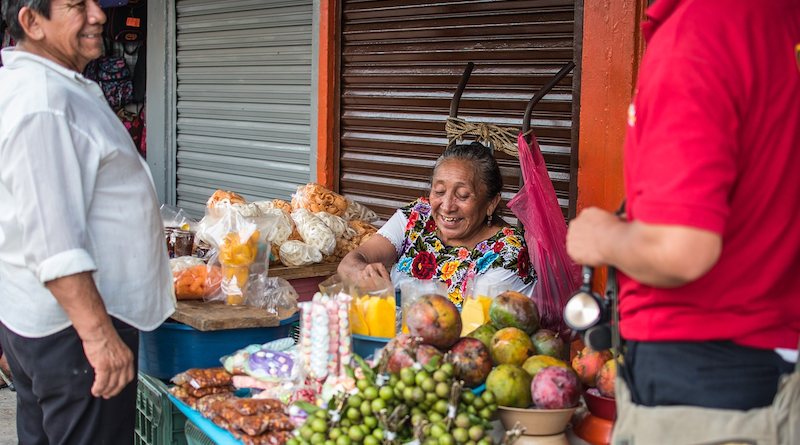The Hidden Role Of Food In Urban Conflicts In Central America
Extreme water events have been shown to affect human security in many ways. In a research article published today in the new journal Nature Water researchers from Politecnico di Milano and University of California at Berkeley delve deeper into the complex nexus between droughts and conflicts in Central America.
For the decades from 1996 to 2016 explore how water availability affects agricultural production and food security, and investigate the nexus between drought-induced food insecurity and the emergence of conflict in the region. Cities in Central America are known for their high rates of homicides and urban violence linked to the proliferation of young street gangs known as maras.
Moreover, the rural communities are threatened by the canícula, a dry season occurring in July and August, and its severe impacts on agriculture, which constitutes the main source of food supply and income.
“For the first time, in our study we explicitly consider food security as a central mechanism in the chain linking drought-induced water shortage and conflict. We also analyze how the internal food trade can influence the level of food security from food-producing areas to food-consuming areas, such as cities”, Martina Sardo, Ph. D. Student at Politecnico di Milano and lead author of the study said.
Professor Maria Cristina Rulli, the senior author of the article and coordinator of Glob3ScienCE (Global Studies on Sustainable Security in a Changing Environment), commented that “by coupling a physically based spatially distributed hydro-agrological model with a complex statistical model that correlates water and food availability and access; socio-economic indicators to conflict, we find decreases in availability and access to water and food play a major role in conflict insurgences, while the stable conditions of peace are more influenced by favorable socio-economic conditions. Furthermore, conflicts in a given place can also be influenced by water scarcity conditions in distant places, which explains how the internal food trade can strengthen and spatially expand the water-food-conflict nexus.”
The study offers insight into how climate and water availability can interact with human well-being and social unrest through food security. It also shows the importance of strengthening the resilience of rural communities in the developing world to prevent the rise of social tension.

